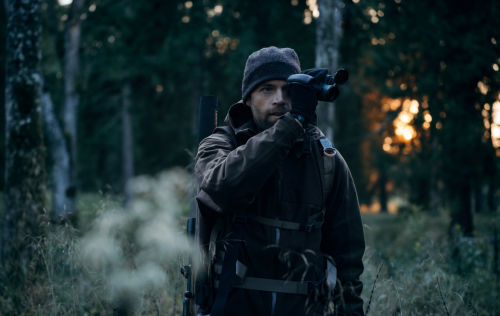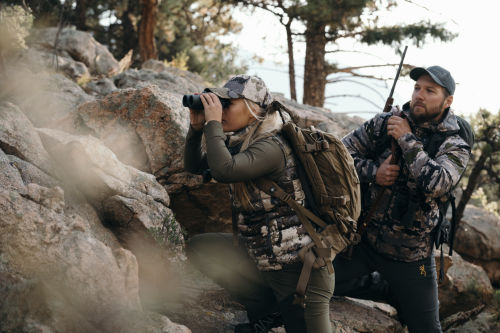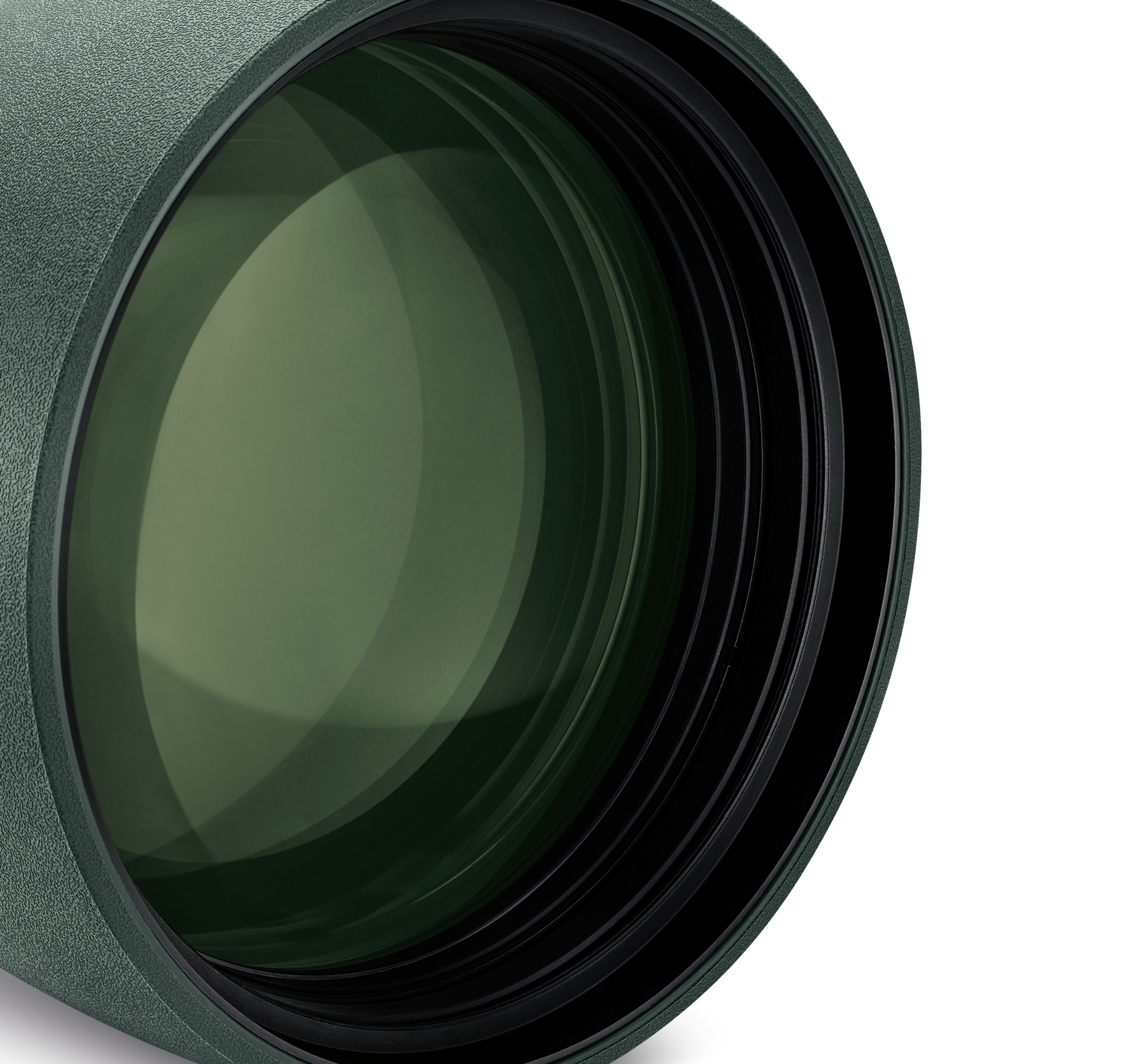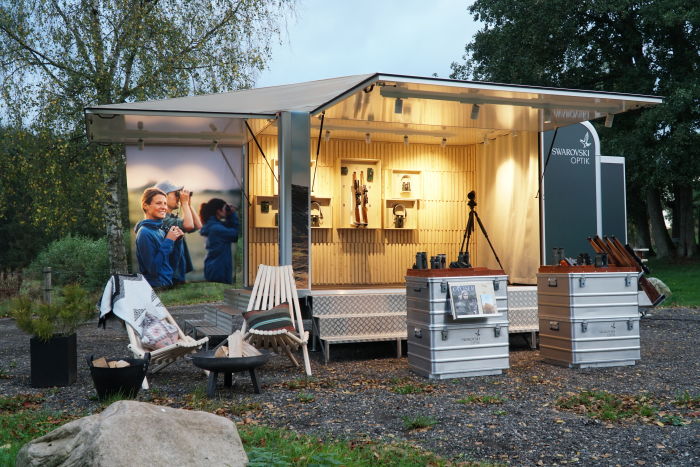
Mystery of light
On the trail of a phenomenon
Many impressive and spectacular aspects of the “mystery of light” are revealed in nature: sunsets, the Northern Lights, rainbows, and mirages have always held us in their thrall. Wilhelm Swarovski was particularly fascinated by the light emitted by stars. Indeed, the amateur astronomer was so mesmerized that he felt the urge to design a telescope that would make stargazing even better. In this way he laid the foundations for the company that he established in 1949, a company that is now active all over the world: SWAROVSKI OPTIK.

300 years ago
A little history
The first treatises on the phenomenon of light date back to Ancient Greece, and great philosophers such as Aristotle and Plato made detailed studies. The findings of the Greeks were subsequently built on by Arab scholars. With his Book of Optics, Ibn al-Haytham, also known as Alhazen, produced a treatise that was to remain the standard work on the subject for many hundreds of years. His conclusion was that vision involves rays of light entering the eye.
In the Renaissance, major milestones in optics were set by polymaths like Leonardo da Vinci (who invented a machine for grinding concave mirrors and lenses), Francesco Maurolico (the first person to identify the workings of the eye’s lens), and Giovanni Battista della Porta (who discovered that age-related long-sightedness and myopia can be corrected with lenses).
The telescope was an optical invention that literally expanded our horizons and significantly changed our view of the stars. The first experiments were carried out in Holland around 1600, when it was attempted to mount two lenses behind each other. Galileo Galilei heard about it and began grinding suitable lenses in his glass-blowing workshops in Venice. In 1609 he built his own telescope with 20x magnification, and immediately realized how useful it was for spotting enemy ships on the horizon. In December of the same year Galileo turned his telescope to the heavens for the very first time. The age of modern astronomy was born, and 300 years later it still held the same fascination for Wilhelm Swarovski.
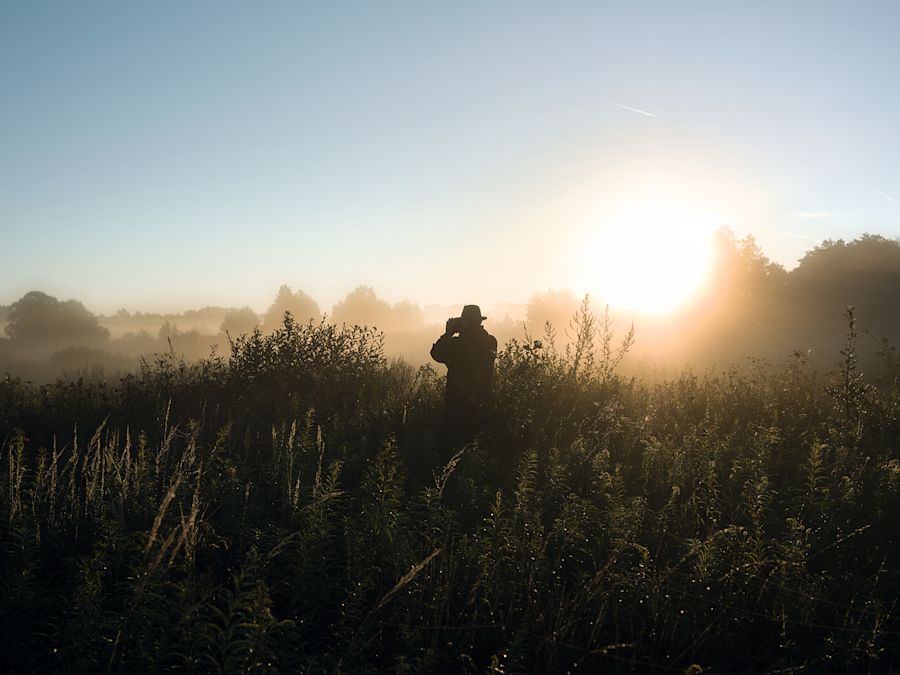

It is not only in the natural sciences that light is an important research field, tool, and catalyst. It has also shaped the cultural development of human civilization. The humanities, cultural
studies, art, and religion – no other natural phenomenon has had such a dramatic effect on our understanding of being and consciousness. From a philosophical point of view, the history of mankind can also be seen as an everlasting battle against the darkness. Stories and pictures use light as a way of explaining good and evil.
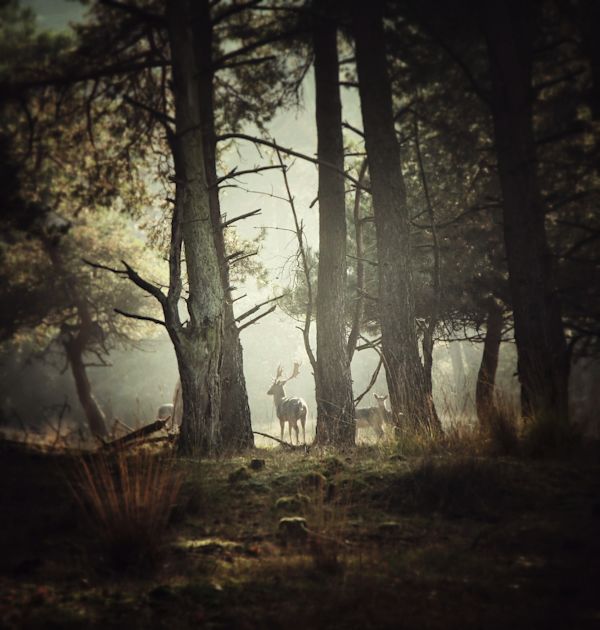
Swarovski optik’s view of light
LIGHT IS A RESEARCH FIELD, TOOL, AND CATALYST
Methods of manufacturing long-range optical equipment have steadily advanced. In our offices and factories, expert engineers and craftspeople design and produce devices in glass, metal, and plastic taming light. Still today, people are fascinated by light and optics.

Swarovski Optik creates awareness of the beauty of the world
Clarity of vision
By striving for optical perfection and pushing the boundaries of the technically possible, we end up with products that achieve our aim of focusing the eye of the beholder on what really matters. Suddenly we see things that would otherwise have remained hidden. A premium optical device allows us to see what may otherwise have been invisible – it literally brings light to the darkness.
Increasing people’s awareness of the beauty in our world, encouraging them to observe nature, and capturing the whole spectacular spectrum of light: Welcome to the world of SWAROVSKI OPTIK!
